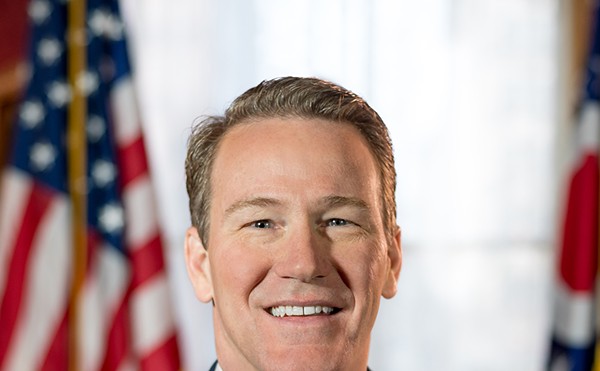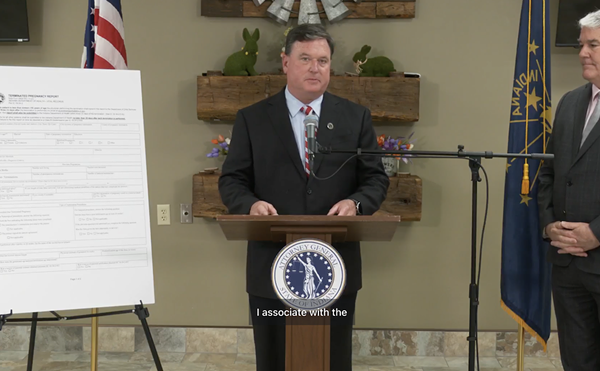The U.S. Supreme Court today rebuffed an appeal by Ohio Democrats seeking to restore the state’s Golden Week provisions, which allowed opportunities for same-day registration and voting for Ohioans.
That means opponents have exhausted legal avenues for challenging the Ohio legislature’s removal of the voting opportunities. The court did not comment on the ruling, and there were no dissenting opinions issued.
State Democrats decried the ruling.
"It is disappointing that partisan voting restrictions, which have been proven to disenfranchise minority voters, are being allowed to continue in Ohio," State Rep. Alicia Reece said in a statement. "This highlights just how dangerous it is to relegate our most fundamental freedom to politicians who can rig the rules for political gain in statehouses across the country. Ohioans deserve a clear set of constitutional guarantees from the state that let them access the ballot box free from politically-driven legislative hurdles every other year.”
Republican state officials, however, hailed the ruling.
"Ohioans want an efficient and secure election and it is time for these wasteful lawsuits to end," Ohio Secretary of State Jon Husted said in a statement. Husted was named in the suit.
The case has been one of a number of back and forth legal battles over voting in Ohio, a pivotal swing state in the 2016 presidential election.
The federal 6th Circuit Court of Appeals on Aug. 23 upheld the state laws passed last year ending a week of opportunities before elections when voters could register and vote the same day, saying Ohio’s voting opportunities are already generous and that it shouldn’t intervene in laws passed by elected representatives.
That ruling overturned an earlier federal court decision and represented a defeat for voting rights advocates and the state Democratic Party, which said the voting hours rollback disproportionately affected minority and low-income voters. The suit against Ohio Secretary of State Jon Husted and Attorney General Mike DeWine was filed by various state and local Democratic Party organizations.
“Proper deference to state legislative authority requires that Ohio’s election process be allowed to proceed unhindered by the federal courts," the majority opinion in the 2-1 ruling reads.
The court’s decision overturned a ruling by U.S. District Court Judge Michael Watson, who last spring said the Ohio law violated the Voting Rights Act and the U.S. Constitution.
More than 80,000 people voted during Golden Week in the 2012 election, and data shows that black voters used the opportunity at a higher rate than whites did.
“It is reasonable to conclude from this evidence that their right to vote will be modestly burdened" by the law, Watson wrote in his ruling.
The appeals court argued that Ohio’s 29 early voting days before the election are “generous” and that the state has among the highest number of early voting days in the nation even without Golden Week. State officials say getting rid of the early voting opportunity makes elections more efficient for local officials and cuts down on voter fraud, though few cases of such fraud have been documented in Ohio.





